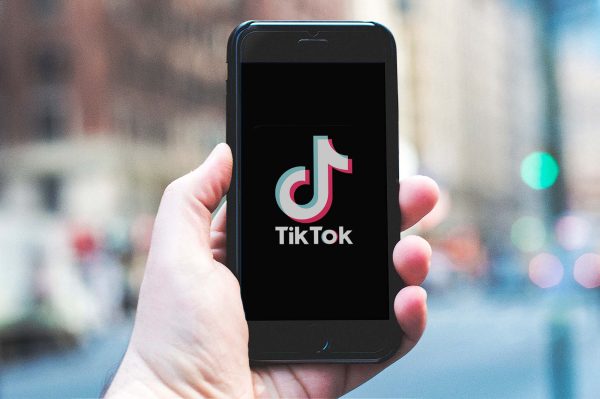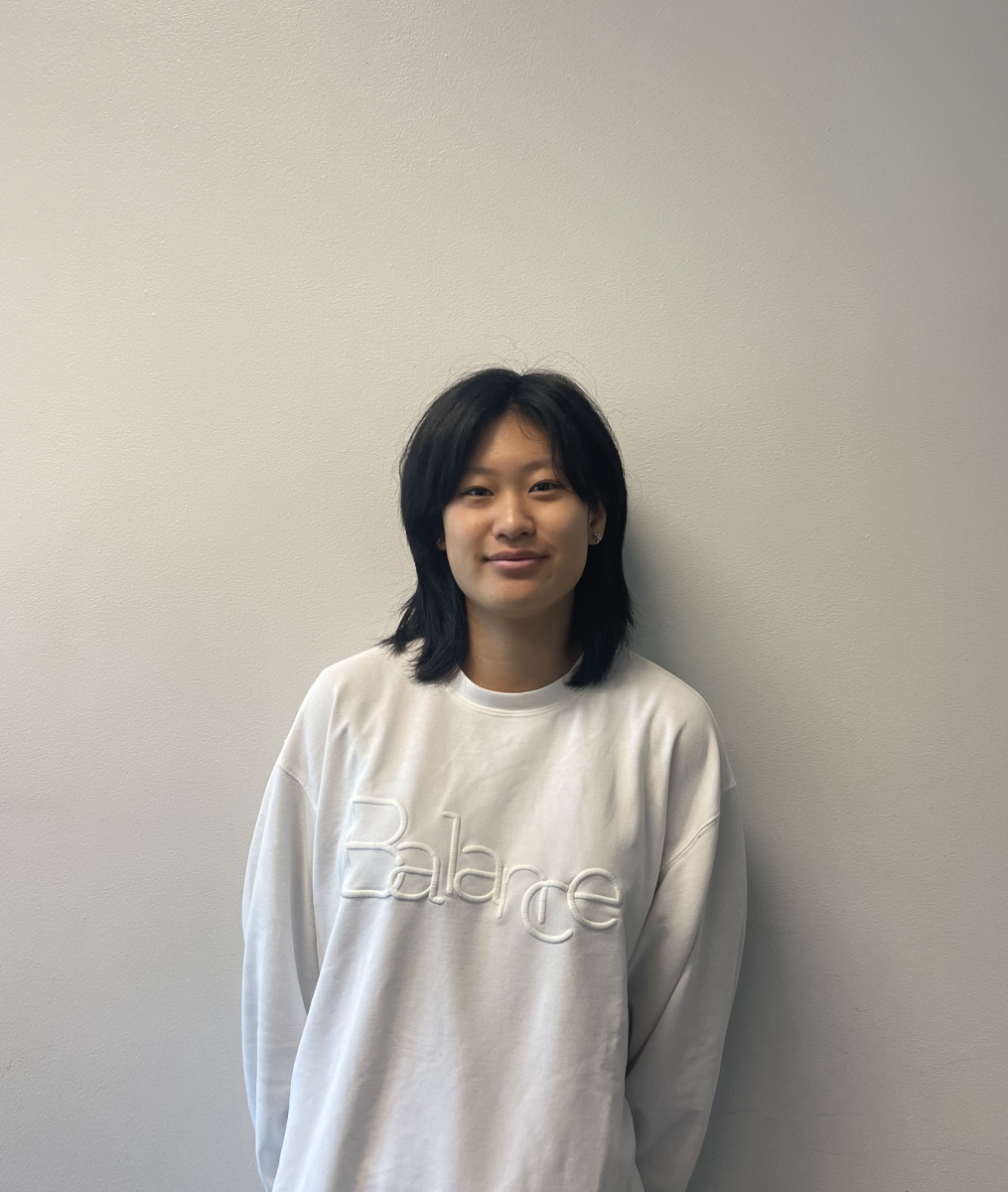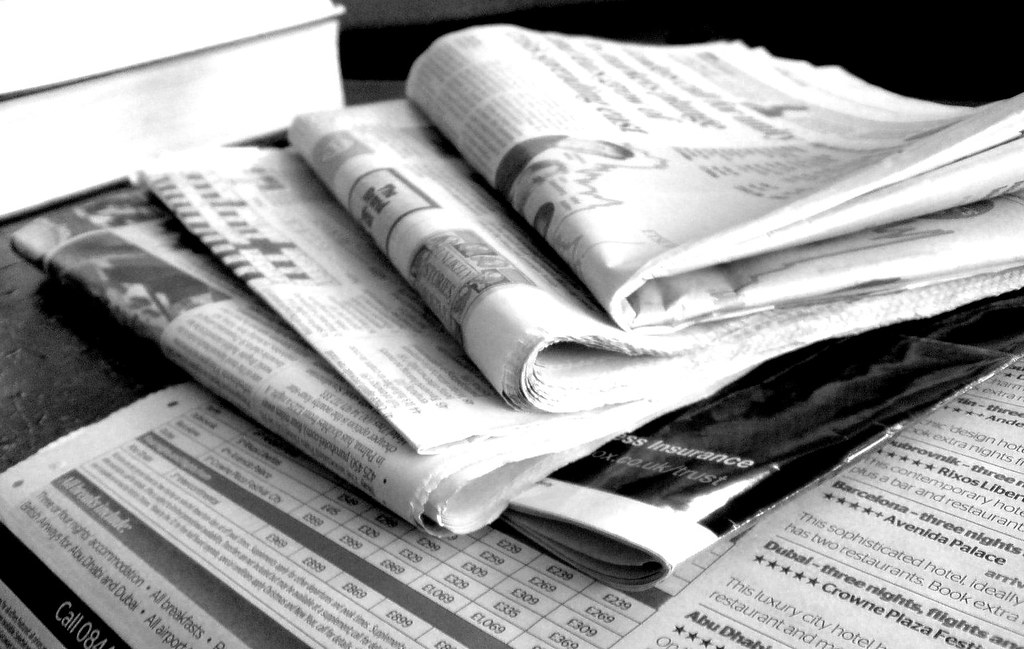
President Donald Trump proposed banning the ubiquitous social media app TikTok during his first term, citing national security concerns and potential data collection by the People’s Republic of China. TikTok has created an online community where users are free to do anything from creating dances to sharing their political beliefs. On Jan. 19, the ban upheld by the U.S. Supreme Court went into effect, and Americans lost access to TikTok around 9 p.m. PST. While national security concerns should be investigated, the TikTok ban sets a dangerous precedent for government overreach, censorship, and the suppression of free speech in digital spaces. After his return to office, Trump issued an executive order delaying the ban, paving the way for a potential deal for the tech company’s sale to a U.S.-based entity.
In the days leading up to the ban, many conversations centered around its implications. Many users saw it as a deliberate attack on their rights and freedoms, causing widespread frustration with the government. Rumors, such as members of Congress purchasing META stocks before the TikTok ban, only further enhanced the situation. Many users moved to RedNote, another Chinese-owned platform. It’s important to note that the anger didn’t stem from people simply losing access to TikTok; instead, the uproar was fueled by the government’s abuse of power.
Since the rise of TikTok during quarantine in 2020, the app has been used as a platform for self-expression and activism. A notable example is the Black Lives Matter Movement, which started as a hashtag on TikTok following the deaths of Trayvon Martin, George Floyd, and Breonna Taylor. This hashtag spread to other platforms, such as Twitter (now known as X), Instagram, and Facebook, where it was used over 160,000 times a day on average during the summer of 2020. The simple TikTok hashtag sparked the entire BLM movement, which highlighted police brutality, the over-policing of minority neighborhoods, and systemic racism experienced by Black individuals. Without TikTok, BLM would have never gained the traction it needed to make an impact on society or secure justice to those harmed by police brutality.
The act of banning TikTok feels like an attempt by the government to stifle the voices of citizens, blurring the line between a democratic and a totalitarian government. While the ban was only effective for a couple of hours, the fact that it was passed and enacted demonstrates the powerlessness of society against a powerful government. Censorship may start with the temporary ban of a social media app, but can easily lead to the banning of websites, clothes, books, faiths, or even speech and expression. The brief ban of TikTok serves as a chilling reminder that we really have to scream if we want our voices heard.




